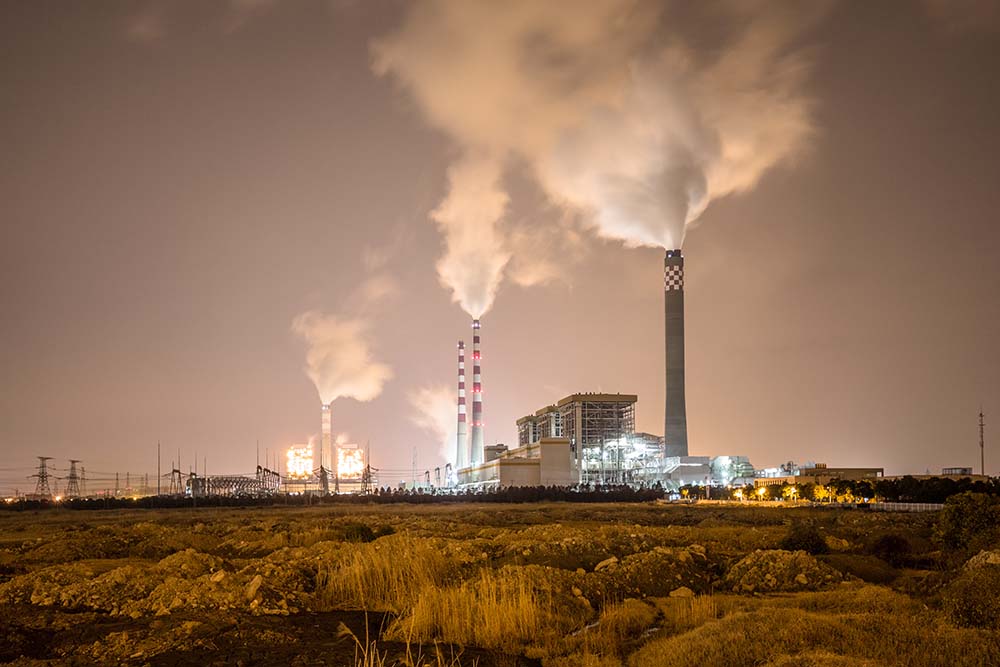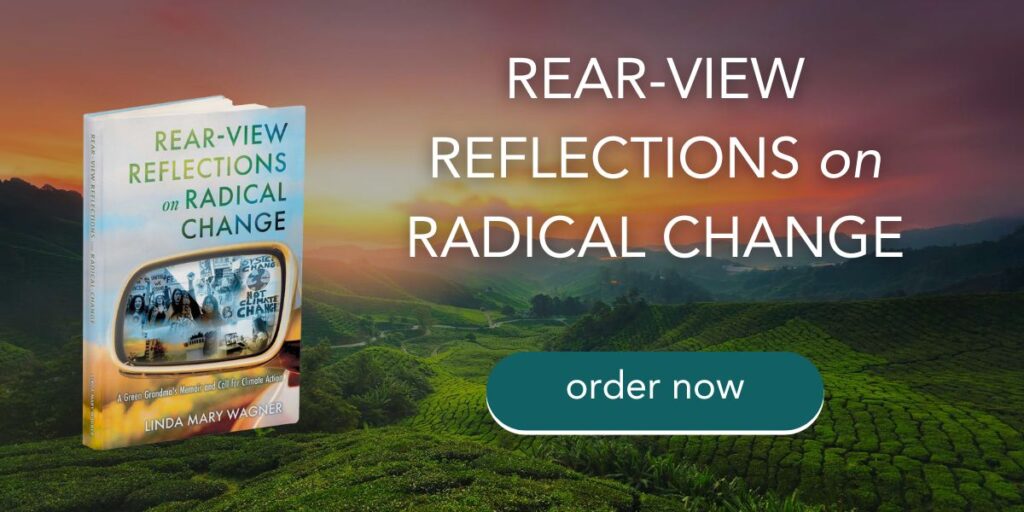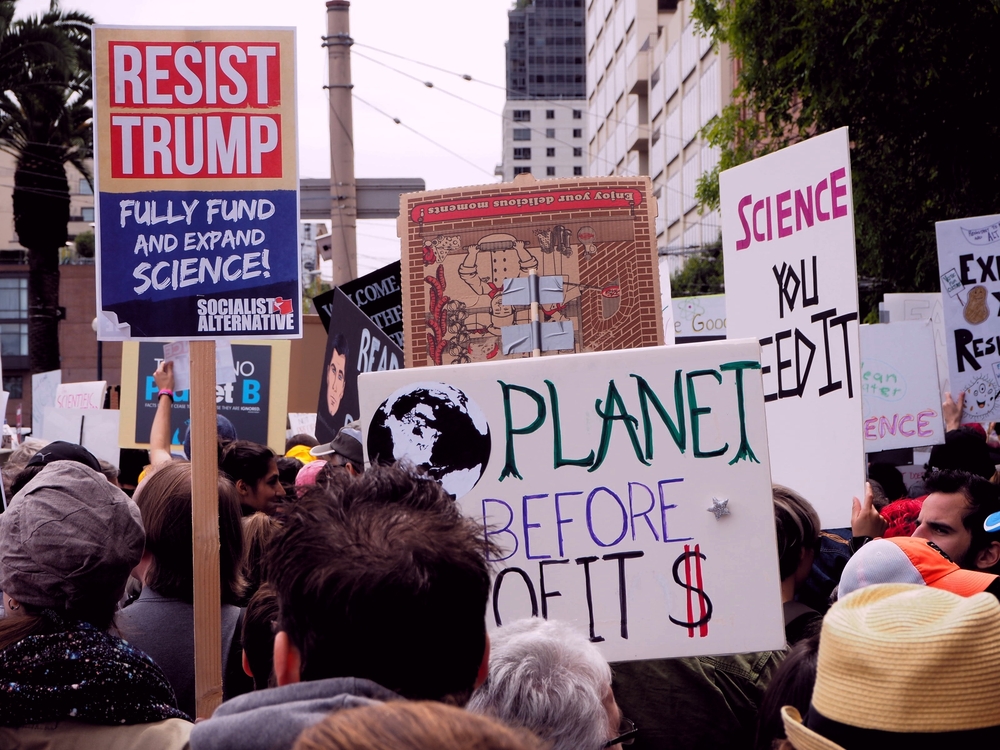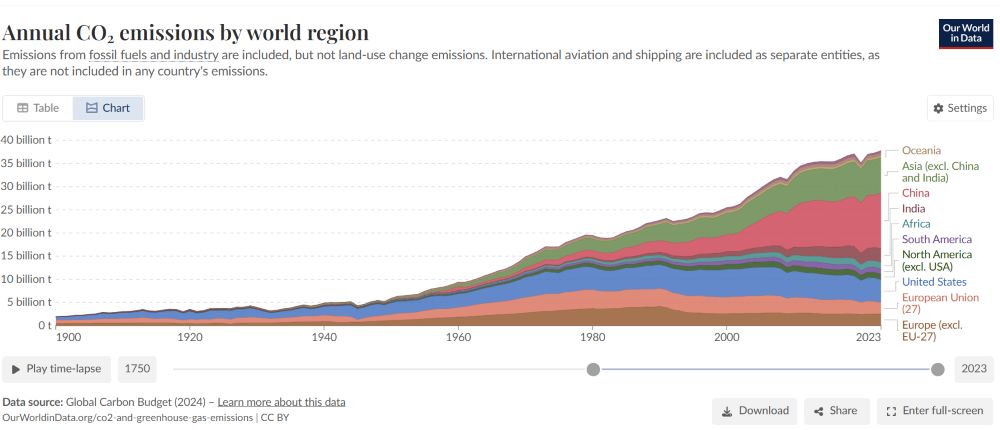China is the worst carbon polluting nation in the world, adding more coal plants each year, using the dirtiest of the fossil fuels. It contributes more total tons of carbon dioxide to the earth’s atmosphere than any other single nation. And yet, China is far ahead of any other country in investment, scaling, and manufacturing green technologies, including electric vehicles, wind turbines, solar power panels and more. It is now investing in pulling green hydrogen from water.
When considering total carbon emissions, the second biggest greenhouse gas polluter in the world is the USA. However, when the World Bank tallied CO2 emissions per capita in 2020, the USA emitted nearly 13 tons per capita, far more than China at 7.8 tons. The USA is near the top of the list, beaten only by United Arab Emirates (20.3), Saudi Arabia (14.3), Oman (15.6), Kuwait (21.2), Canada, (13.6), Bahrain (22), and Australia (14.8). These amounts are boosted when other greenhouse gases such as methane are included, as seen in The World Population Review’s tallies for 2020.
Recent political arguments against the current urgency of U.S. climate policies come from that end of the American political spectrum that has the closest ties to the fossil fuel industry. The Heritage Foundation is a case in point, so skepticism about their views on climate are well warranted.
What to Tackle First – Climate or Debt?
Some argue that the national debt is more important than taking action to stem climate change. And yet, national legislation and budgets passed in 2021 and 2022, intended to rebuild infrastructure, lower carbon emissions, control inflation, and build sources of sustainable energy, is strengthening a weakened U.S. infrastructure and building a greener economy for the long term. That combination has great potential to increase GDP and reduce the debt over the coming years, while ensuring American competitiveness.
Rob Haworth, senior investment strategy director at U.S. Bank, discussing the bi-partisan infrastructure bill passed in 2021, said, “Infrastructure spending is meant to create a foundation for future growth. This type of legislation is not aimed so much at driving baseline growth today but helping drive potential growth for years to come.”
Seeming Contradictions in China’s Climate Policy
Observers of climate policy in China acknowledge that its increased use of coal is a national security decision due to coal’s abundance there and security challenges near China’s borders. Coal burning is one of the worst producers of greenhouse gases. At the same time, climate action advocates as determined as Greenpeace note this most populous of all nations is making huge advances in renewable resources. Their July 31, 2023 report stated: “National Bureau of Statistics of China data shows that in the first half of 2023, China’s total output of new energy vehicles increased 35% year-on-year, solar cells 54.5% year-on-year, and electric vehicle charging devices (including charging stations and charging piles) 53.1% year-on-year. Investment in clean energy increased by 40.5% year-on-year. And sales of new energy passenger cars increased by 37.3% year-on-year.”
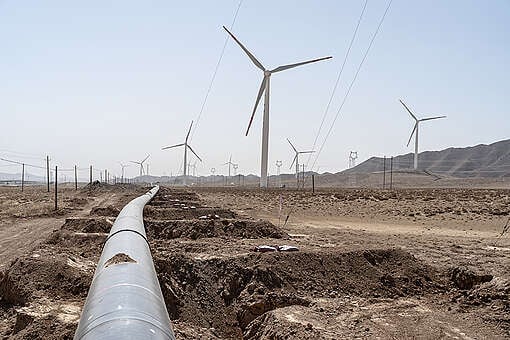
Under the Paris Agreement, the U.S. and many other nations have committed to reach net zero CO2 emissions by 2050. China officially confirmed its commitment under the Agreement to peak its carbon dioxide (CO2) emissions before 2030 and achieve net-zero emissions before 2060. Increasingly destructive heat waves and floods in China are giving its national leaders an incentive to balance the use of coal and concrete for growth and development against the damage that greenhouse gases are doing to the economy and national security within China’s own borders.
Wait and See? NOT an Option
All people in all nations must hope that China is able to make a successful transition to a sustainable future. But the rest of the world’s nations and populations can’t afford to wait to reduce the use of fossil fuels and other activities that contribute to global warming – both for our biological and economic health.
As stated recently by an International Monetary Fund report titled “Further Delaying Climate Policies Will Hurt Economic Growth”:
Better understanding the near-term macroeconomic implications of climate policies and their interaction with other policies is crucial to enhance their design. Transitioning to a cleaner economy entails short-term costs, but delaying will be far costlier.
Sources:
Is China serious about climate change? Podcast from The Economist
World Economics – Carbon Emissions
Scientific American on Biden climate policy July 2023
Citizens Climate Lobby on Inflation Reduction Act
US Wealth Management on How the Infrastructure Bill Will Affect the Economy, November 2022

